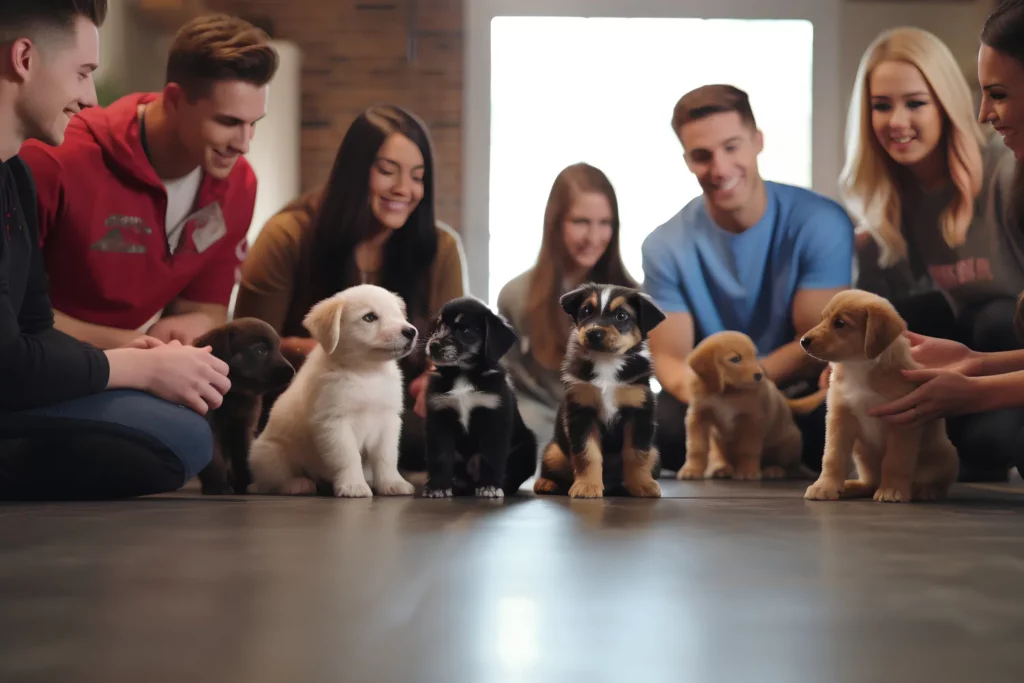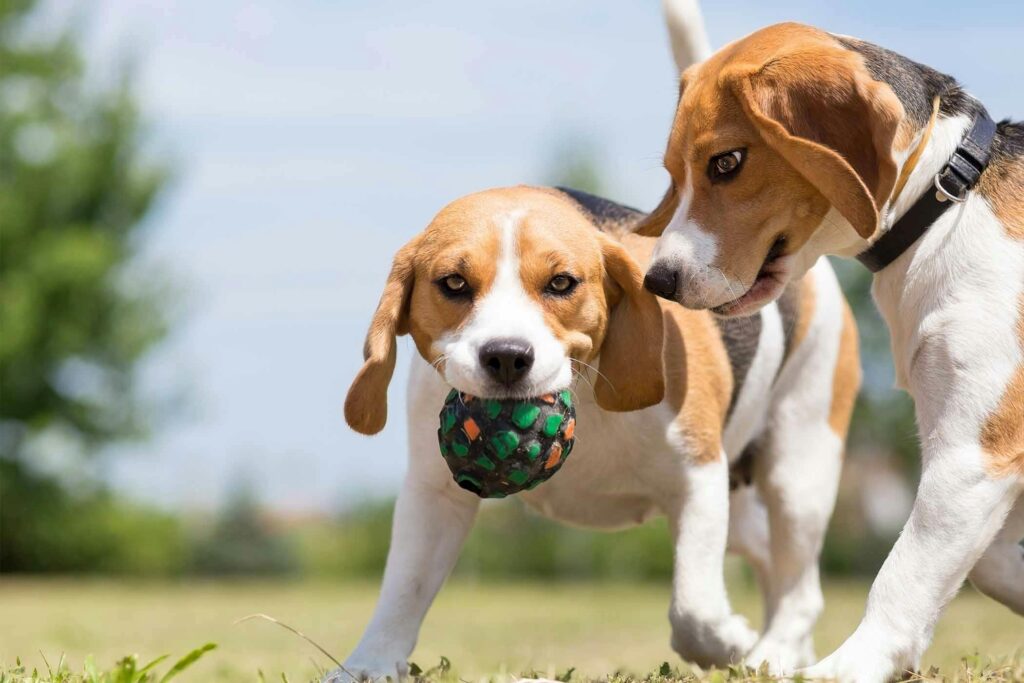Training your puppy to handle various social situations is crucial for their development and well-being. Here’s how to navigate different scenarios effectively.
Understanding Socialization in Puppy Training
Socialization is the process of exposing your puppy to different people, animals, environments, and stimuli in a positive and safe manner. It helps them become well-adjusted adult dogs.
Importance of Proper Socialization
Proper socialization:
- Builds Confidence: Helps your puppy feel secure in new situations.
- Reduces Anxiety: Minimizes fear of unfamiliar people and environments.
- Improves Behavior: Leads to better interactions with other dogs and humans.
Types of Social Situations to Consider
- Meeting Other Dogs
- Dog Parks: Choose quieter times to introduce your puppy gradually.
- On Leash Encounters: Allow controlled interactions to prevent overwhelm.
- Puppy Playdates: Organize sessions with vaccinated, friendly dogs.
- Interacting with People
- Children: Supervise interactions to ensure positive experiences.
- Strangers: Teach your puppy to approach calmly and greet politely.
- Veterinary Visits: Prepare them for handling by vets and staff.
- Exposure to Different Environments
- Urban Settings: Introduce urban sounds and sights gradually.
- Rural Areas: Familiarize with wildlife and open spaces calmly.
- Home and Beyond: Ensure your puppy is comfortable indoors and outdoors.

Tips for Effective Socialization Training your puppy
- Start Early: Begin socialization as soon as your puppy is vaccinated.
- Positive Reinforcement: Use treats and praise to reward calm behavior.
- Gradual Exposure: Introduce new situations in small, manageable steps.
- Consistency: Practice socialization regularly to reinforce positive behaviors.
- Watch for Signs of Stress: Monitor your puppy’s body language for cues of discomfort.

Common Challenges in Socialization
- Fear Periods: Understand that puppies may go through fear stages.
- Overstimulation: Avoid overwhelming your puppy with too many new experiences at once.
- Aggressive Behavior: Address any signs of aggression promptly with professional guidance.
Conclusion
Properly socializing your puppy is key to raising a well-behaved and confident adult dog. By exposing them to various social situations in a positive way, you set them up for a lifetime of positive interactions and experiences.
Call to Action
Ready to start socializing your puppy? Learn more about best practices in puppy training and socialization to ensure your furry friend thrives in every situation.
Summary
In this comprehensive guide, we’ve explored how to handle different types of social situations when training your puppy. From meeting other dogs to interacting with people and navigating various environments, these tips will help you ensure your puppy grows into a well-adjusted and friendly companion.





















